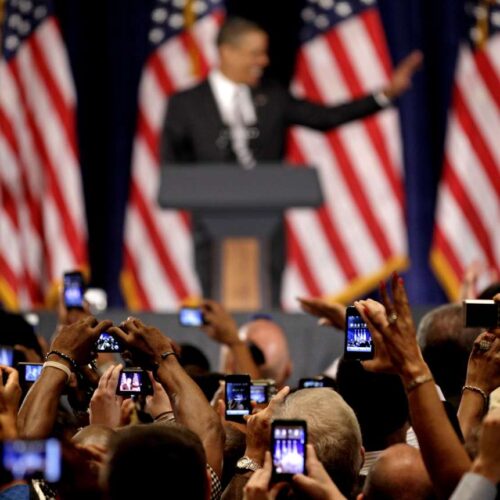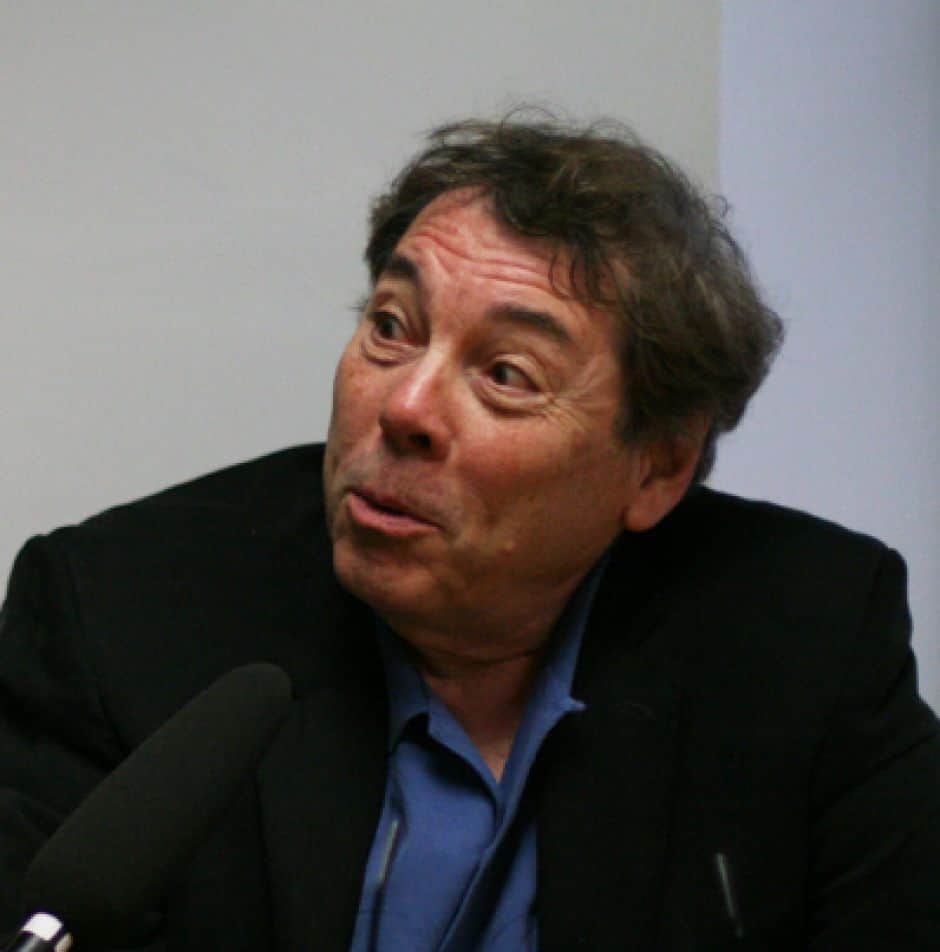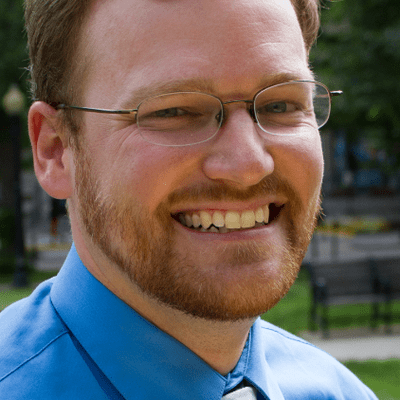Introduction
The White House has withdrawn the nomination of Washington attorney Timothy M. Broas — a top Obama campaign fundraiser — as ambassador to the Netherlands following charges of drunk driving and resisting arrest in suburban Maryland earlier last week.
Court records show that Broas, 58, was pulled over by police on June 19 at 1:18 AM on Connecticut Avenue in Chevy Chase and charged with “attempting to drive [a] vehicle while under the influence of alcohol.”
He was ticketed for driving 47 miles per hour in a 35 mile per hour zone. He also faces a criminal charge of resisting arrest, according to Montgomery County District Court records. The White House announcement was made Thursday night.
Broas, a Chevy Chase resident, has been a major bundler for President Barack Obama, part of an elite group of fundraisers who collect donations from their friends and associates. Obama announced his intent to appoint him to the ambassadorship in April, as the Center for Public Integrity previously reported.
Prior to his nomination, Broas had raised more than $500,000 for Obama’s re-election efforts. He is one of only 117 bundlers to raise at least a half-million dollars for Obama, the Democratic National Committee and Democratic parties in battleground states.
During the president’s campaign four years ago, he also raised between $200,000 and $500,000 for Obama.
Broas “withdrew his nomination for personal reasons,” said Debra Reed, a spokeswoman. “That’s the extent of what we’ll say about that.”
She added that Broas believed that the charges he faced would “be resolved under the transportation code.” A trial date has been set in Rockville, Md., for August 6.
White House spokesman Eric Schultz echoed that Broas withdrew his nomination “for personal reasons” but declined to comment further.
Broas is a partner in the litigation department of the Washington law firm of Winston & Strawn who specializes in white-collar criminal defense, securities litigation and congressional investigations.
He has also served on the board of trustees of the Woodrow Wilson International Center for Scholars, a D.C.-based, think tank created by Congress in 1968. Obama nominated him for that position in December 2010.
On June 13, he appeared before the Senate Foreign Relations Committee and enjoyed a glowing reception from Chairman John Kerry, D-Mass.
Kerry called Broas “a quintessential family man” who “embodies not just the accomplishments to which every American should aspire, but he is a living example of the kind of compassion and strength that we expect from our nation’s diplomats.”
Kerry praised Broas’ “long and very distinguished career in the private practice of law” and noted that legal associations have regularly listed him as one of the best lawyers in America — even a “super lawyer.”
“We’re very fortunate that he’s agreed to serve on behalf of our country,” Kerry said.
In appearing before the committee with members of his family, Broas referred to the Netherlands as the county of his “father’s ancestors.”
A few days later — and hours after Broas was charged by Montgomery County police officers — Kerry reiterated his support at a June 19 business meeting of the Senate Foreign Relations Committee.
There Kerry called Broas “an outstanding lawyer” and “a terrific, humble, decent guy.” That day his nomination was placed on the Senate’s executive calendar.
A spokeswoman for Kerry did not immediately respond to requests for comment.
Like other presidents before him, Obama has faced criticism for appointing bundlers to key positions.
A 2011 Center investigation found nearly 200 of Obama’s 2008 campaign bundlers or their spouses won White House appointments. Nearly 80 percent of those who raised $500,000 or more joined the administration in some role, often as ambassadors.
Obama’s record of welcoming bundlers from his first campaign into his administration is about the same as former President George W. Bush’s, the investigation found.
Read more in Money and Democracy
Money and Democracy
ALEC faces new challenge to tax-exempt status
Legislative group benefits private, not public interest, complaint says



Join the conversation
Show Comments